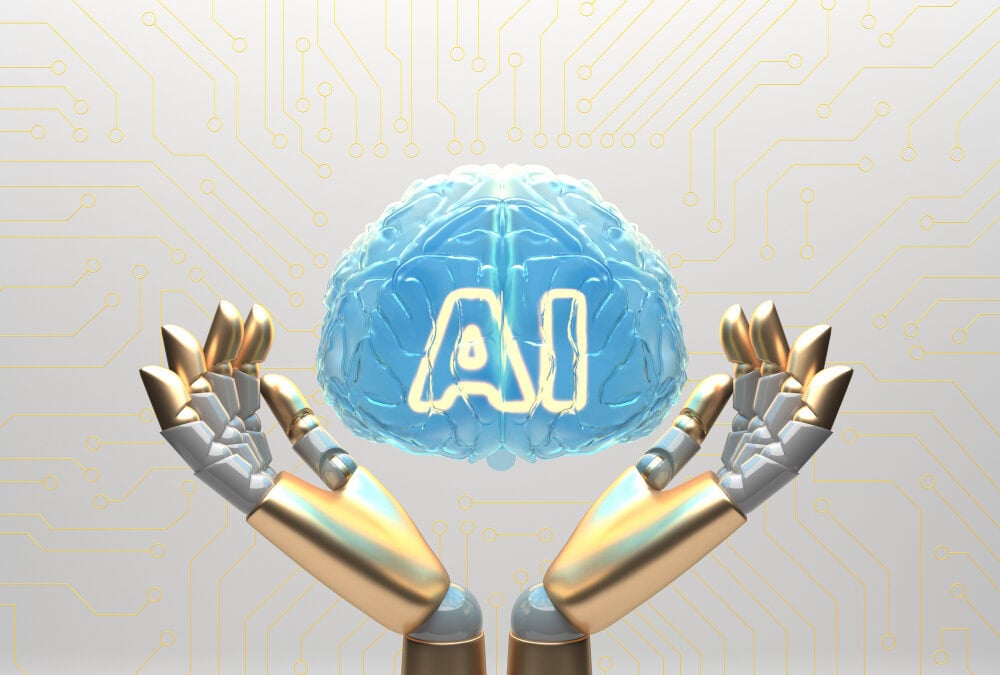What Is Blockchain?
Blockchain is a digital ledger that records transactions in a secure, transparent, and tamper-proof way. Instead of storing data on a single server, blockchain distributes it across a network of computers. Each transaction is added as a block and linked in a chain, making it almost impossible to alter without detection.
Blockchain is not limited to cryptocurrencies — it supports smart contracts, identity management, logistics, finance, and more.
What Is the Current Size of the Blockchain Market in 2025?
As of 2025, the global blockchain market is valued at approximately $125 billion, driven by enterprise adoption, crypto transactions, and decentralized applications.
It has grown over 40x since 2020, making it one of the fastest-growing technology sectors worldwide.
Blockchain Adoption Growth (2020 vs 2025)
| Year | Global Market Value | Crypto Users | Key Industries Using Blockchain |
| 2020 | $3 billion | 100 million | Finance, Supply Chain |
| 2025 | $125 billion | 580 million | Finance, Healthcare, Real Estate, Gov |
Blockchain Growth Statistics (2025)
- Global market value: $125 billion
- Annual growth rate: Over 65% CAGR between 2020–2025
- Crypto adoption: 580+ million global users
- Enterprise usage: 81% of Fortune 100 companies involved
- Blockchain job demand: Increased by 300% in 3 years
- VC investments: $45+ billion in blockchain startups (2024)
Key Blockchain Statistics in 2025
1. Global Blockchain Market Size
- Rapid growth from $3 billion in 2020 to $125 billion in 2025
2. Top Countries Adopting Blockchain
- USA, China, Switzerland, Singapore
3. Enterprise Adoption
- Used in finance, healthcare, logistics, and identity systems
- 81% of Fortune 100 companies are engaged in blockchain projects
4. Use Cases in 2025
- Cross-border payments
- Smart contracts
- Digital identity
- Supply chain management
5. Cryptocurrency Adoption
- 580+ million people hold crypto in 2025
- U.S. accounts for 18% of global holders
6. Blockchain Developer Ecosystem
- 35 million+ developers globally
- Top networks: Ethereum, Bitcoin, Solana
7. Investment Growth
- $45 billion in VC funding in 2024
- Key sectors: Layer 2, Web3, DePIN (Decentralized Physical Infrastructure)
8. Government Use
- 60+ countries with blockchain strategies
- U.S. agencies use blockchain for logistics and data verification
9. Blockchain in Supply Chain
- 15% cost reduction through traceability
- Major adopters: Walmart, FedEx, IBM
10. Environmental Shift
- Energy-efficient chains like Ethereum (PoS), Algorand, Tezos
- ESG-compliant blockchain initiatives increasing
Future Applications of Blockchain
Blockchain’s use is expanding beyond finance and crypto. Here’s where it’s heading:
- Healthcare: Secure patient records, real-time sharing across providers
- Real Estate: Tokenized property, instant title transfers, fraud prevention
- Digital Identity: Government-backed IDs, verified credentials, KYC
- Voting Systems: Transparent, tamper-proof digital voting
- Insurance: Automated claims through smart contracts
- Content Ownership: NFT-based IP management, digital rights
- IoT Integration: Device coordination and data integrity across networks
- Supply Chain: Real-time tracking from origin to consumer
Blockchain in the U.S. – 2025 Snapshot
- U.S. holds 35% of global blockchain startup funding
- States like Wyoming, Texas, and Florida lead in regulation
- Use cases include voting systems, medical records, and intellectual property
FAQs About Blockchain in 2025
What is blockchain?
Blockchain is a digital ledger system that records transactions across a distributed network, making them secure, verifiable, and unchangeable.
How big is the blockchain industry in 2025?
It’s valued at $125 billion globally, up from $3 billion in 2020.
What are the most common blockchain applications today?
Cross-border payments, digital identity, smart contracts, and supply chain tracking.
Is blockchain only for cryptocurrency?
No. It powers many systems beyond crypto, including logistics, healthcare, and identity verification.
How many people use cryptocurrency in 2025?
More than 580 million people hold or trade cryptocurrencies.
Is blockchain energy efficient now?
Yes. Networks like Ethereum (post-merge) and others use energy-efficient consensus methods.
What industries are investing in blockchain?
Finance, logistics, healthcare, real estate, and government sectors.
Will blockchain replace traditional systems?
Not entirely, but it will complement or improve them in areas like transparency, security, and automation.
Are governments using blockchain?
Yes. Over 60 countries, including the U.S., are using it for security, transparency, and service delivery.
What’s the future of blockchain?
Blockchain will support more decentralized apps, digital services, AI integrations, and cross-border compliance systems.
Read more:
- Software Development Lifecycle Phases
- Best ios and android app development platforms
- Difference Between UI/UX and web development
- Best Programming Language to Learn for Web Application Development
- How Visual Studio Code Has Improved Developer Experience
- Staff Augmentation vs. Outsourcing: Which One is Right for Your Business in the USA?





